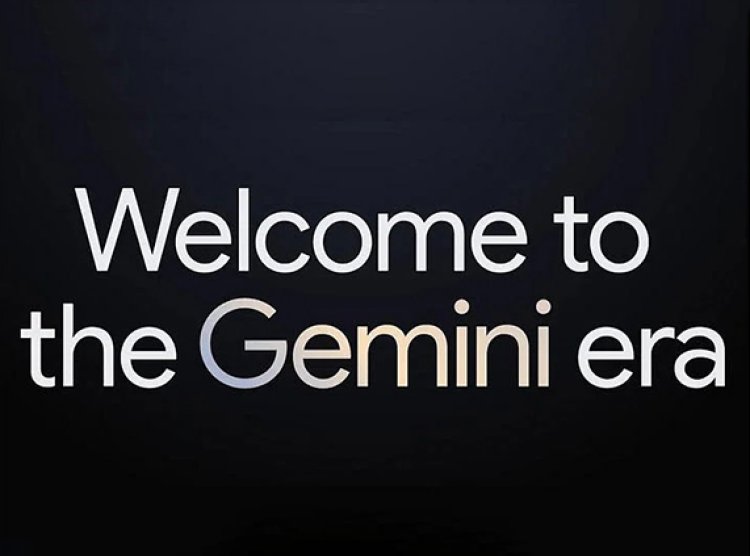Google boosts ad performance with AI Gemini integration in Search Ads
The tool debuts for US and UK English advertisers, with a global rollout starting in the coming weeks, enhancing accessibility and expanding its reach worldwide

In a bid to elevate advertising performance, Google has seamlessly integrated its cutting-edge AI model, Gemini, into the Search Ads platform. This integration revolutionizes the creation of optimized Search campaigns, offering a chat-based experience that generates relevant ad content, including creatives and keywords, when provided with a website URL.
Shashi Thakur, Vice President and General Manager of Google Ads, highlights the objective of this integration as streamlining the process of creating ad campaigns and improving their alignment with evolving online search behaviors.
Introduced during the Google Marketing Live event in May, the beta version of this innovative tool is set to debut, initially catering to English-language advertisers in the U.S. and U.K. The global rollout is slated to commence in the coming weeks, with plans to introduce additional language support in the subsequent months, as detailed in a blog post by Thakur on Tuesday.
Early testing of the tool demonstrates that advertisers utilizing Gemini can effortlessly construct higher-quality search campaigns, leading to improved ad-strength scores – a metric evaluating ad copy's relevance, quality, and diversity. Advertisers can now review and approve assets, including images, before activating their campaigns.
Google's data reveals that small businesses leveraging the conversational experience witness a 42% higher likelihood of launching Search campaigns with "Good" or "Excellent" Ad Strength. Thakur emphasizes the significance of higher Ad Strength, correlating strongly with increased conversions.
To ensure transparency, all images generated with Google Ads' generative AI, including the conversational experience, will be visibly marked using SynthID, an invisible watermarking technique. These images will also include open standard metadata, indicating their AI-generated origin, providing assurance to advertisers.
With Google DeepMind's tool, users can embed a digital watermark directly into AI-generated images or audio, employing SynthID for imperceptibility to humans but detectability for identification. This marks a significant stride toward transparency and accountability in AI-generated content.

 Sumit Rawat
Sumit Rawat 









